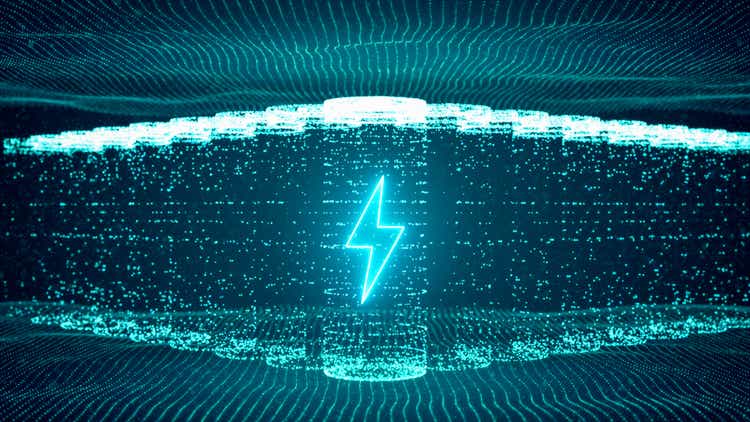Battery metal costs, shortages could add years to pursuit of cheaper EVs (NYSEARCA:LIT)
[ad_1]
Black_Kira/iStock by means of Getty Images
Alarm is developing that significant prices for battery metals these kinds of as lithium, cobalt and nickel could delay by various yrs the timetable for electric powered cars to develop into as inexpensive as regular autos.
Right before rates soared in the course of the previous 12 months, battery charges were being not much from making upfront charges of EVs aggressive with standard cars and trucks without having condition subsidies, but that is starting off to modify, BloombergNEF said in a report this week, as battery pack costs are established to increase this yr for the initial time in much more than a ten years, and broader inflation could severely delay the stage wherever normal battery costs fall under $100/KWhr.
“Decreasing battery pack prices to $100/KWhr is now an achievable intention with the rising era of battery chemistries and cell designs,” BloombergNEF analysts stated, but “if raw materials rates keep on being elevated or climb further more, this point could be delayed by several many years.”
ETFs: (NYSEARCA:LIT), (NASDAQ:DRIV), (IDRV), (FDRV), (KARS), (BATT), (HAIL)
Surging battery prices and shortages of metals and components probably will last for some time, Toyota chief scientist Gill Pratt warned this week.
“The globe has assumed about this in far too simple of a way,” Pratt said of the automobile industry’s immediate shift to electrical autos, warning “there is likely to be this crunch [of] not enough materials,” and circumstances most likely will continue being “difficult” in the in the vicinity of- and mid-time period.
In accordance to details from Cox Automotive, the typical rate for a new EV in the U.S. jumped 16% Y/Y to extra than $65K in April, and uncooked substance charges could drive price ranges even now bigger.
Bank of The us analysts mentioned this 7 days that need for some of the metals utilized in electric powered automobiles, renewables and energy storage could expand at a 40% once-a-year level by 2030.
To satisfy demand from customers development, miners need to strengthen funds paying out considerably to ~$160B/yr by 2050, from an ordinary of $99.5B each year right now, BofA said.
There are some limited-term signals of relief for EV makers, like falling lithium selling prices in current weeks.
[ad_2]
Resource connection








